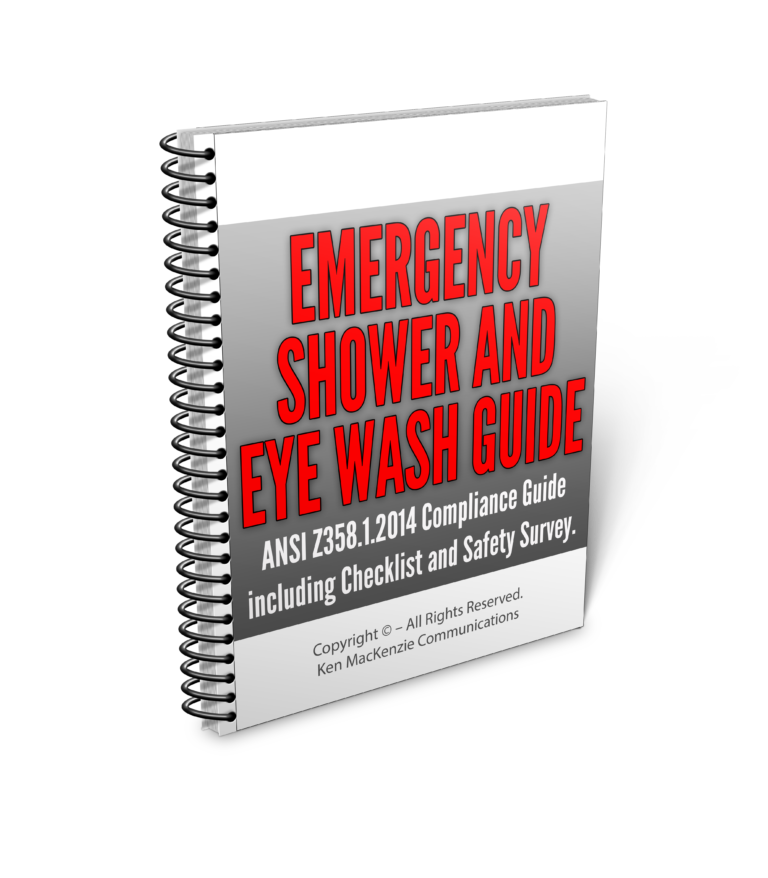Decontamination equipment in the event of an accident !
First responders, governments and the military have a duty to plan and prepare for the protection of the public in the event of an accident, disaster or attack using chemical, nuclear or biological agents.
Most Commonly Asked Decontamination Equipment Questions:
Whatever industry you’re in, there’s nothing more important than keeping your workforce safe.
Emergency safety showers, eye/face wash units and decontamination equipment provide you with a safer working environment, greater protection against serious injury and peace of mind that you’re compliant with crucial safety standards.
Have you consulted your site risk assessment to determine the specific requirements for emergency safety showers or eye/face wash decontamination equipment?
How will location affect which safety shower I choose?
To ensure you select the right safety shower for your site, ask yourself:
What is the ambient temperature of the location of the hazard on your site? Do you have sufficient drainage to contain potentially contaminated water? Do you have a potable and reliable water supply with enough pressure at the site of the hazard? Is the shower being used in an explosive area?
How do I comply with European and International standards for emergency safety showers?
Both EN15154-2 & 5:2019 and ANSI Z358.1-2014 recommend performance requirements for safety showers and eye washes such as water temperature, flow rate, operation, location and testing.
How often should I test my emergency safety showers and eye/face washes?
It is recommended that you perform a weekly activation of your emergency showers and eye washes in order to ensure the equipment is in full working order. The European standard, EN15154-5:2019 recommends safety showers should be tested at least every month.
This should include flow rate measurement and visual inspection of the spray pattern and water quality. All tests should be documented for audit purposes and to remain compliant.
Weekly activation of your emergency safety showers and eye/face wash units is paramount to ensure that all emergency equipment is operating properly. This process is stated as a requirement in European and International standards (EN15154 and ANSI/ISEA Z358.1-2014)
Not only will performing this test give you peace of mind that your emergency equipment is in full working order, it will also ensure you remain compliant. If a shower fails to function correctly or further injures an employee you could face significant fines and/or imprisonment.
How often should I service my emergency safety showers and eye washes?
It is the duty of every employer to ensure the health, safety and welfare at work of every employee and this includes the maintenance of safety equipment. Bear in mind that this is lifesaving equipment and must consistently be fit for purpose. It’s recommended that a weekly activation of safety showers and eye washes to remove any sediment build-up in the pipework and to ensure correct operation. International standards recommend an annual inspection.
How to Use Decontamination Showers
If you have been exposed to hazardous substances and require getting decontaminated you need to reach the decontamination shower as soon as possible or be escorted to the nearest one immediately. The decontamination process requires you to undress and strip before stepping into the shower zone and be under the shower for fifteen minutes in the least for optimum effect to take place.
The imperative for managements and their advisers is to ensure that all practical measures such as decontamination equipment in the form of eye wash units and emergency shower units are taken to make all operations safe for all concerned.


